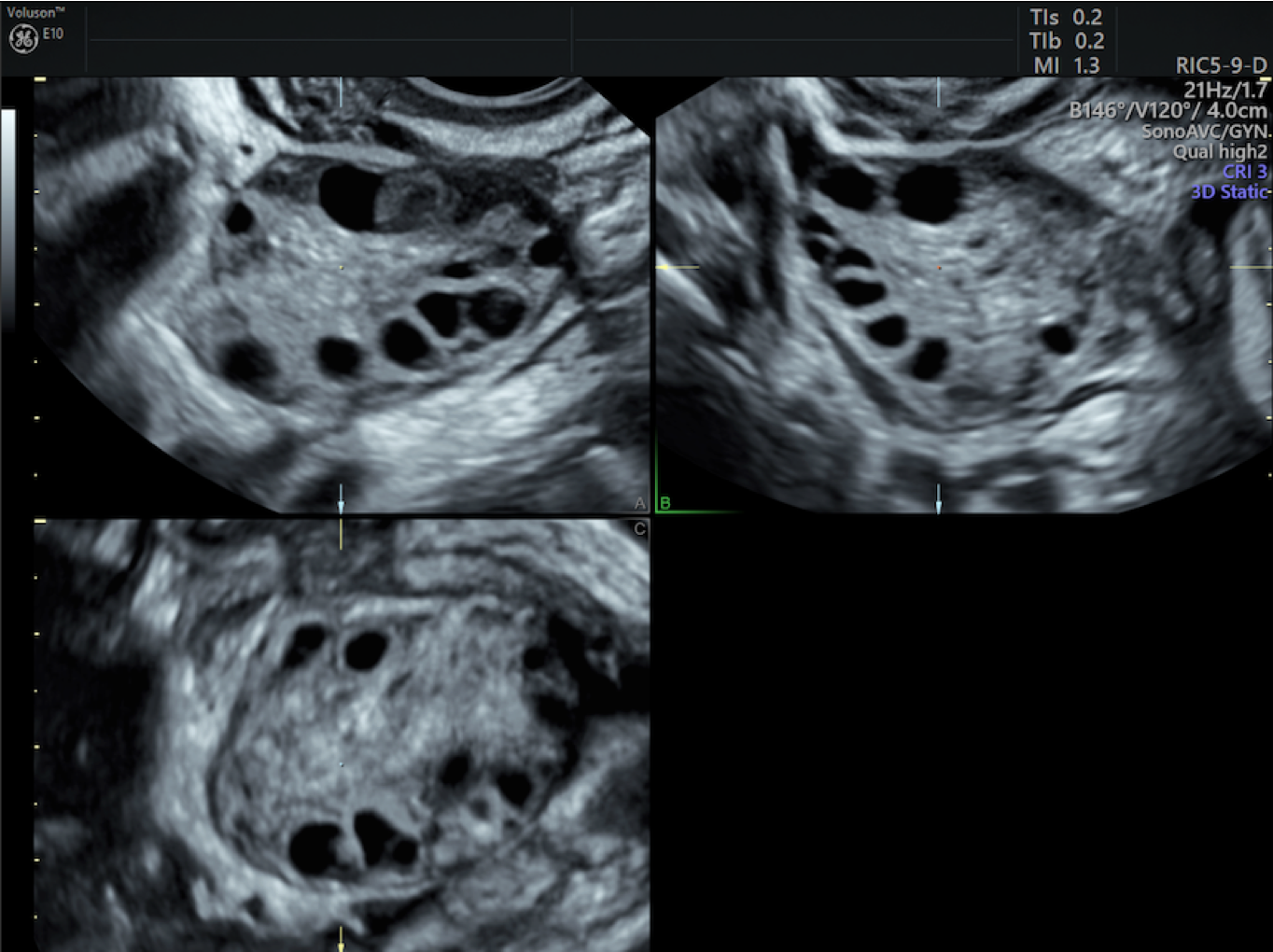The link between metabolic syndrome and cancer is not well understood, but it is a real risk—especially when it comes to endometrial cancer. Metabolic syndrome (MetS) affects people of all genders and is connected to heart disease, diabetes, and stroke. Current research is examining the link between metabolic syndrome and endometrial cancer—the knowns and the unknowns—with the goal of understanding how to better care for patients who have been diagnosed with MetS.
Metabolic Syndrome: The Basics
The National Heart, Lung, and Blood Institute (NHLBI) refers to metabolic syndrome as "a group of risk factors that raises your risk for heart diseases and other health problems, such as diabetes and stroke." An individual is considered to have MetS when any three of the following five factors are present:
- Excess abdominal fat, usually characterized as having a larger waist
- Having or being treated for high triglycerides
- Having or being treated for low high-density lipoprotein
- Having or being treated for high blood pressure
- Having or being treated for high fasting blood sugar
The NHLBI notes that being overweight and sedentary increases the risk of developing MetS, as do insulin resistance, genetics, and age. Cisgender women are affected more than cisgender men. Having polycystic ovarian syndrome (PCOS) may increase risk as well. Although high blood sugar and high blood pressure can have symptoms recognizable to individuals who have been educated about them, MetS itself does not have symptoms.

Polycystic ovary, Voluson™ ultrasound
Endometrial Cancer: Statistics and Risk Factors
The er noreferrer">American Cancer Society (ACS) reports that endometrial cancer is mainly found in women who are post-menopausal, with an average age of 60 at diagnosis. Endometrial cancer is rare in women under 45. With more than 66,000 endometrial cancer cases estimated in 2021 in the U.S. alone, according to the ACS, it is the most common cancer of the reproductive system.
The ACS notes that having a body mass index (BMI) of 25 to 29 doubles the risk of endometrial cancer while having a BMI >30 triples the risk. The ACS also states that endometrial cancer is twice as common in people with Type 2 diabetes. Those who have a sedentary lifestyle are also more at risk.
Where MetS and Endometrial Cancer Intersect
A study published in the American Journal of Epidemiology finds a positive association between individual components of MetS and endometrial carcinoma, noting that the risk increased as the number of MetS components increased. The heaviest women in this study had the highest burden of endometrial carcinoma, but the authors did not attribute this risk to obesity alone.
Research published in Frontiers in Oncology describes the "triple syndrome of endometrial cancer," which includes obesity, diabetes, and hypertension, while noting that the mechanisms by which these conditions contribute to reproductive cancers are not fully understood. The researchers suggest that obesity is a modifiable risk factor, noting a prior study in which women who had undergone bariatric surgery and maintained a lower weight reduced their endometrial cancer risk by up to 80 percent.
As one branch in the "triple syndrome," obesity and adiposity cause changes in hormones, increase inflammation and affect the body's production of cytokines that fight inflammation and tumor cells. As one example, the Frontiers authors write that obesity can indirectly cause increased estrogen levels. This may be especially problematic in post-menopausal women since adipose tissue makes estrogen but not progesterone, and both hormones are needed to control endometrial tissue.
The second branch—diabetes—increases "both the risk and mortality rates of endometrial cancer," according to the researchers. Hyperglycemia, typical in patients with Type 2 diabetes, may allow the proliferation of cancer cells by providing favorable metabolic conditions.
The third branch of the triple syndrome—hypertension—is the least understood. As research published in Scientific Reports points out, this may be because hypertension is so closely linked to both obesity and diabetes, making it difficult to study hypertension as a single cause of endometrial cancers.
The full extent of how each factor in MetS interacts to cause different disease processes is still being ascertained. A study published in PLOS One finds that Type 2 diabetes seems to be a more important factor for MetS patients developing severe atherosclerosis than patients who had other risk factors, like increased waist size and hypertension, but did not have diabetes. Interestingly, intravascular ultrasound (IVUS) was better at finding severe atherosclerosis than was coronary angiography.
Endometrial Cancer Screening and Treatment
As with many cancers, taking a full medical history is important. Gynecologists need to tease out risk factors such as taking medications like tamoxifen, a patient's diet, age at menarche and menopause, family history, irregular bleeding, and indicators of MetS.
The ACS recommends that women with a family or personal history of hereditary non-polyposis colon cancer be screened for endometrial cancer starting at age 35. In other patients, however, since the risk of endometrial hyperplasia increases around age 35, this is a good time to start thinking about their risk, especially in the presence of MetS.
The National Cancer Institute states that endometrial cancer is definitely diagnosed through endometrial tissue biopsy, but this is done after initial evaluations such as pelvic exams and transvaginal ultrasound. Results of the tissue biopsy and any spread within the abdomen or lymphatic system will determine the endometrial cancer treatment and prognosis.
Patients do not always realize the ways that their health conditions can manifest. For example, people with diabetes are frequently thirsty and may urinate more often, or people with hypertension may experience dizziness and headaches. Ensure that patients also know the signs of endometrial cancer, like irregular bleeding (especially after menopause) or pelvic pain. Patients should be counselled about the link between metabolic syndrome and cancer, especially since these factors might be reversible, and the fact that they need regular screenings to monitor for any signs of this disease.





